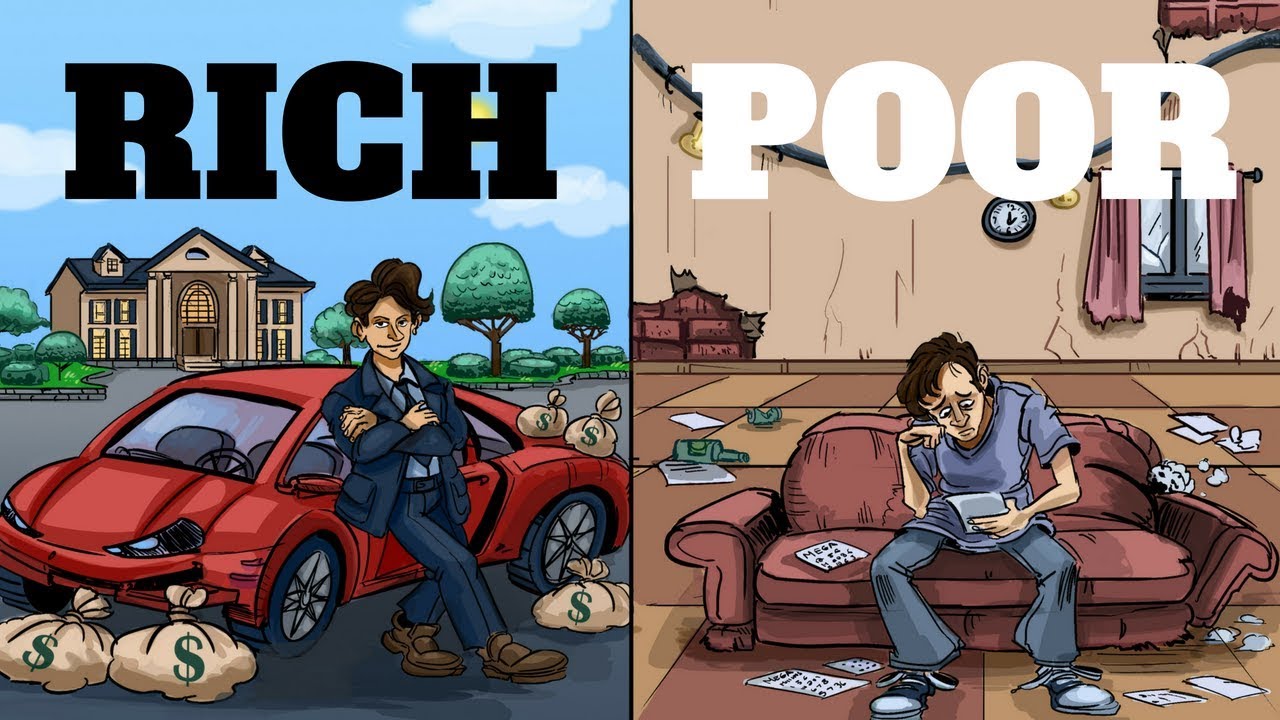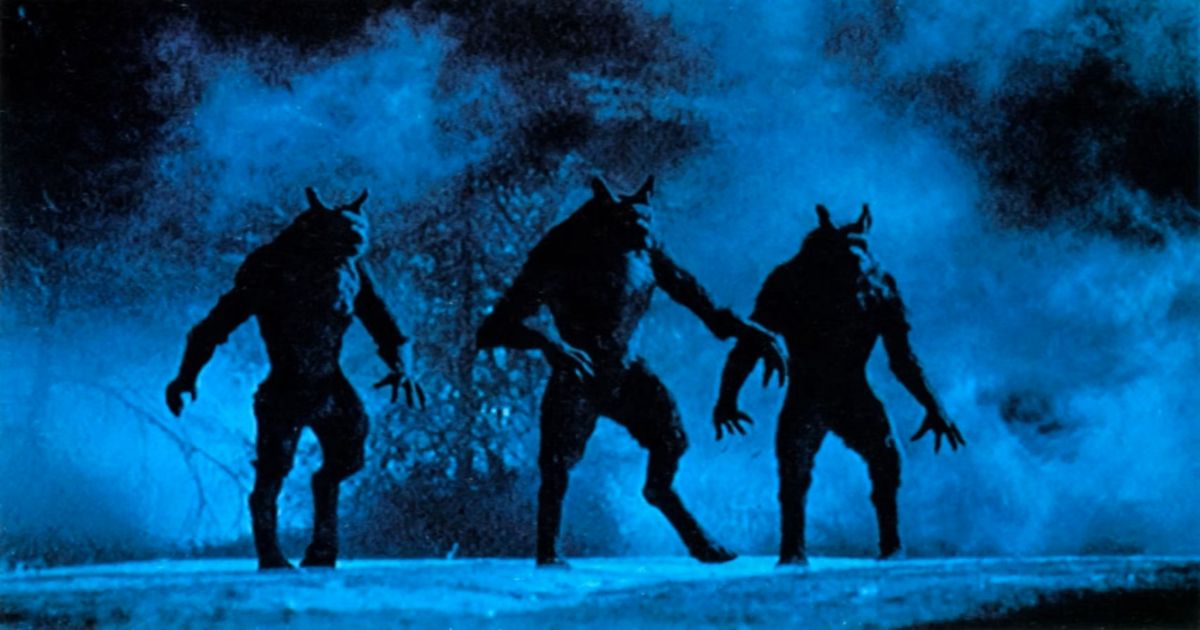The social deduction game “Werewolf” offers more than just entertainment. It’s a striking metaphor for the dynamics of wealth and power in society. Players are divided into two groups: the villagers and the werewolves. The villagers’ goal? Identify and eliminate the werewolves. The werewolves’ goal? Deceive the villagers and pick them off one by one. The game’s framework bears a shocking resemblance to how wealth and power operate in real life.

🐺 Deception: The Wealthy & Powerful Manipulate Narratives 🎭
In “Werewolf,” the werewolves deceive the villagers to remain hidden. Similarly, in real life, the rich and powerful often manipulate public narratives to maintain control. By controlling information, they prevent the “villagers” (the less powerful) from recognizing the true threats they face.
🤝 Group Dynamics: The Importance of Trust ⚡️
Villagers must build alliances and work together to uncover the truth. When divided, they become easy prey. This mirrors how divisions among the less powerful can weaken collective action. The rich and powerful thrive on these divisions, just like the werewolves.
📊 Information Asymmetry: Knowledge is Power 🔍
The werewolves know who each other are, but the villagers are in the dark. In society, this is comparable to how the rich have access to resources, networks, and insider information that the poor lack. This imbalance gives the powerful a massive advantage, allowing them to control the game from behind the scenes.
😨 Power Through Fear: Controlling the Masses 🔒
Just like werewolves instill fear in the villagers to maintain control, the wealthy often use fear—of losing jobs, status, or security—to suppress challenges to their authority. Fear is a powerful tool, making it harder for the less powerful to rise up or question the system.

🎯 Key Themes Explored:
- Deception & Manipulation: Wealth and power often hinge on controlling information and public perception.
- Group Dynamics: Division among the “villagers” makes it easier for the powerful to stay in control.
- Information Asymmetry: The rich hold the cards, knowing things the rest of society does not.
- Power Through Fear: Maintaining authority often involves scaring the opposition into submission.
🕵️♂️ Conclusion: A Mirror to Real Life 💰
“Werewolf” serves as more than just a game; it’s a metaphor for the dynamics of wealth and power. The game highlights how the rich and powerful control narratives, manipulate information, and foster fear to maintain their dominance. As the villagers struggle to trust each other, the werewolves—like the wealthy elite—continue to pull the strings from the shadows.
So, the next time you play “Werewolf,” remember: it’s more than a game—it’s a reflection of the real-world struggle between the rich and the rest.
 Gleez
Gleez